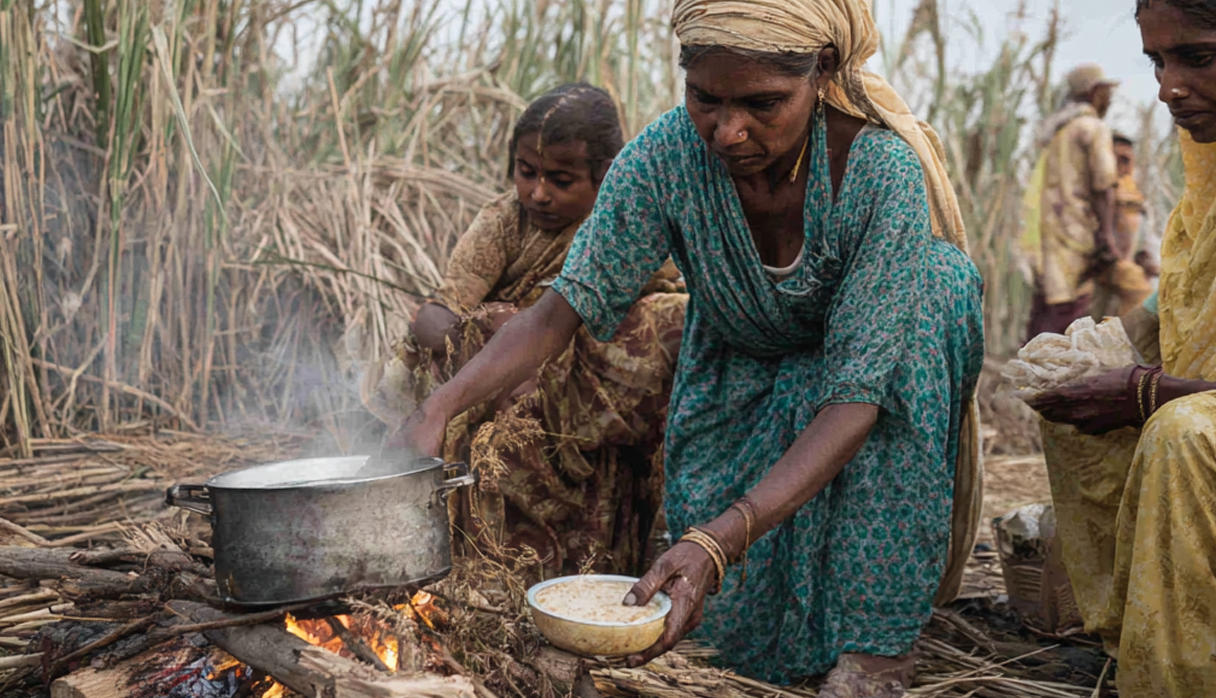
Pastoralism has long been the backbone of Somali society, shaping culture, livelihoods, and social organization. Within this system, women play indispensable roles, though their contributions are often less visible than those of men. In pastoral communities, men are primarily responsible for herding camels, defending grazing territories, and undertaking long migrations in search of water and pasture. By contrast, women manage the small livestock such as sheep and goats, care for children, and are responsible for maintaining the household and camp.
Women’s work in the pastoral economy is wide-ranging and essential. They collect water and firewood, prepare food, and process milk into ghee, butter, and yogurt, which are central to both family diets and local trade. Women also play a role in small-scale commerce, often exchanging dairy products and hides for grain or other household necessities. Through these activities, women contribute significantly to family survival and even shape the economic stability of their communities.
Although women traditionally have limited participation in formal decision-making, their influence is felt in indirect but important ways. Through marriage alliances, they contribute to the cohesion of clans, and within the household their labor ensures continuity across generations. The war and recurring droughts placed immense strain on pastoral livelihoods, but women demonstrated resilience by adapting their roles, finding alternative sources of food and income, and holding families together in times of crisis.
In many ways, women are the backbone of the Somali pastoral economy. Their daily labor sustains households, their products sustain local markets, and their ability to adapt ensures the survival of families in one of the most challenging environments in the world. Yet, despite the magnitude of their contributions, women’s roles have often been undervalued in accounts of Somali society, making it vital to recognize their central place in both the economy and cultural life.